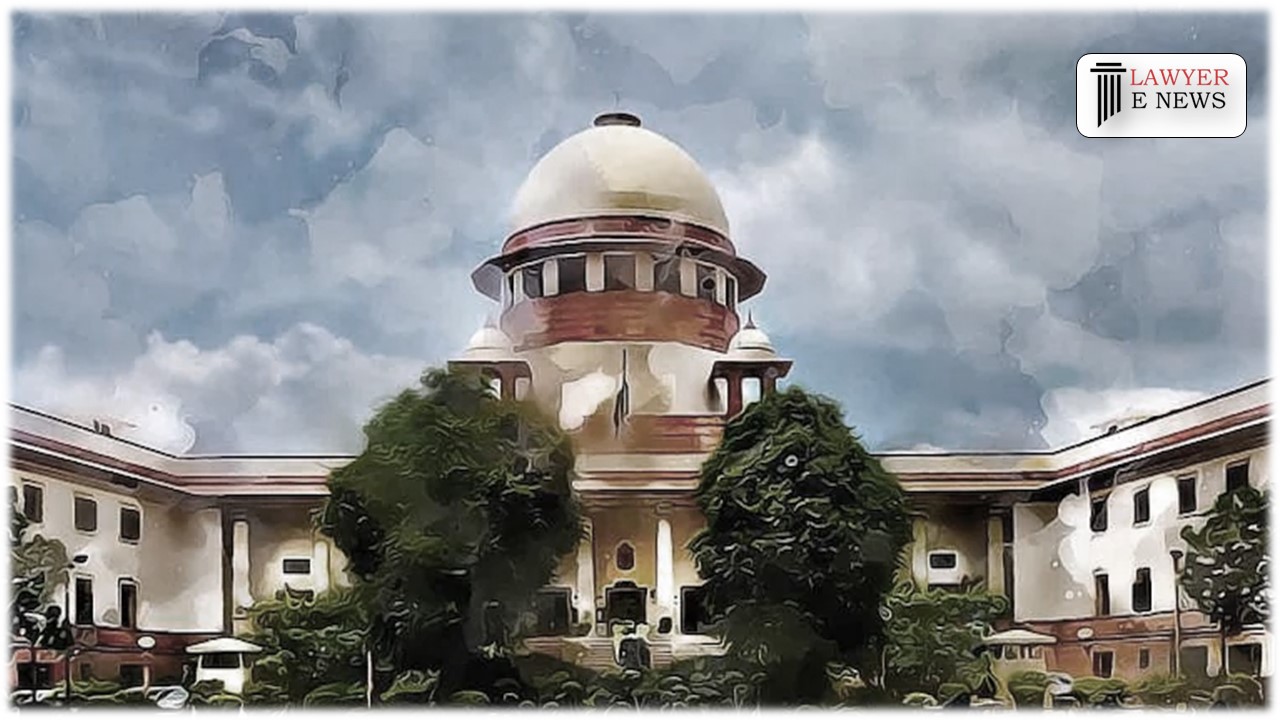-
by sayum
14 February 2026 2:22 PM



The Supreme Court has upheld the decision of the High Court of Karnataka, emphasizing that adherence to advertised recruitment rules is essential for the validity of appointments. This decision came in the judgment of the civil appeals concerning the appointment of an Assistant Professor at Bangalore University, which favored a candidate within the specified age bracket over another who ranked higher in merit but did not meet the age criteria.
Legal Point of the Judgement: The crux of the Supreme Court’s ruling revolved around the proper application of the Karnataka Civil Services (Unfilled Vacancies Reserved For Persons Belonging to the SC’s and ST’s) (Special Recruitment) Rules, 2001, specifically Rule 6, which mandates an age-based preference for candidates.
Facts and Issues: The issue arose from an advertisement by Bangalore University for filling up backlog vacancies for the post of Assistant Professor reserved for Scheduled Tribes (STs). Although the appellant was higher in merit, respondent no. 7, falling within the age bracket of 29-40 years as specified in Rule 6 of the 2001 Rules, was given preference as per the advertisement. The university initially appointed the appellant based on merit, leading respondent no. 7 to challenge the appointment in the High Court, which ruled in favor of adhering strictly to the advertised selection criteria.
Interpretation of Statutes: The Court analyzed the interplay between various statutes including the Karnataka State Civil Services Act, 1978, the Reservation Act of 1990, and the Karnataka State Universities Act, 2000, concluding that the recruitment policies of the university must align with these statutes as amended and directed by government notifications.
Application of the 2001 Rules: The Court found that the 2001 Rules, initially not applied to university appointments, were explicitly made applicable through subsequent amendments and government directives. This was intended to ensure uniformity in filling backlog vacancies across various government and public sector establishments, including universities.
Legality of the Appointment: The Supreme Court confirmed that the High Court was correct in its decision that the university’s appointment of the appellant, contrary to the advertised age preference, was invalid. It emphasized that establishments must adhere strictly to their advertised selection criteria to maintain transparency and fairness in recruitment processes.
Decision of the Judgment: The appeals were dismissed, affirming the decision of the High Court. The Supreme Court suggested that due to the procedural errors that led to the appellant’s appointment and her continued employment throughout the legal proceedings, the university might consider creating a supernumerary post to accommodate her, highlighting the importance of equitable relief in cases of administrative oversight.
Date of Decision: May 2, 2024
Chaitra Nagammanavar vs. State of Karnataka & Ors.
